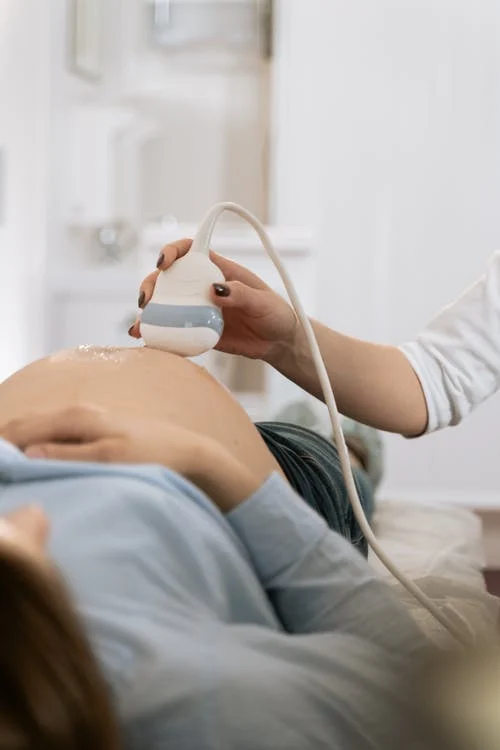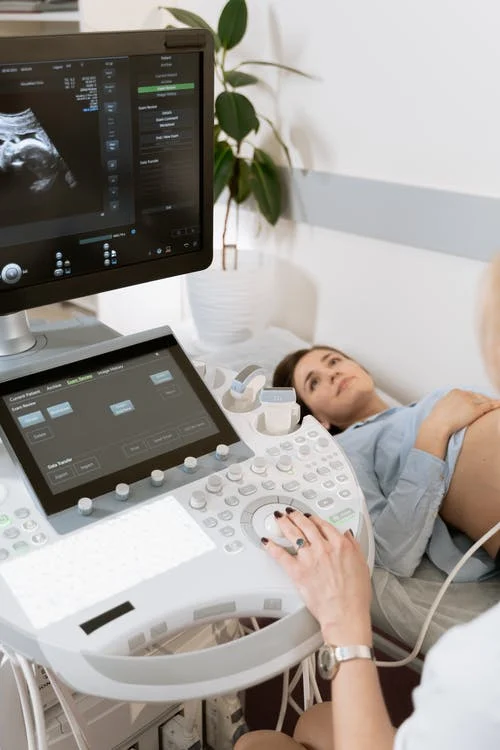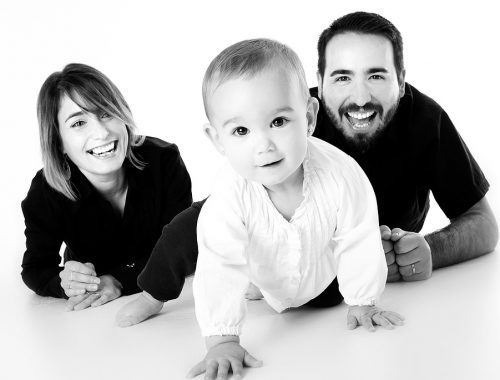
What is a Pregnancy Follow-Up
What is a Pregnancy Follow-Up
The medical monitoring of a pregnancy is to follow its progress and detect possible risk factors. Different health professionals can monitor pregnancy during pregnancy without risk, or with a low level of risk, by a midwife or a doctor (general practitioner, medical gynecologist, or obstetrician-gynecologist), and in high-risk pregnancy by an obstetrician-gynecologist.
Pregnancy monitoring includes seven mandatory medical consultations and an individual interview in the fourth month. These prenatal visits are covered 100% by Health Insurance.
Important: in this period of solid propagation of the COVID-19 coronavirus, the pregnant woman is a particular case and is considered, by precautionary measure, a person at risk of developing these severe forms.
Pregnancy follow-up: the first consultation
The first pregnancy follow-up consultation must occur during the first trimester of a pregnancy before the 15th week of amenorrhea (i.e., the 15th week without menstruation). It is during this consultation that the pregnancy declaration is filled out.
Unless there is a medical problem, only one follow-up visit is necessary during the first 3 months of pregnancy.
What is the purpose of the first follow-up visit?

The first pregnancy follow-up visit has several purposes:
- to calculate gestational age;
- to confirm the diagnosis of the pregnancy;
- to determine the term of the pregnancy (see delivery date);
- to evaluate the probability of a high-risk pregnancy (see high-risk pregnancy);
- to schedule various examinations and follow-up consultations.
What happens at the first follow-up consultation?
This first pregnancy follow-up consultation is the most important and the longest. During this consultation, the following will take place.
A medical interrogation: the health professional asks medical questions about personal and family history in search of risk factors for the pregnancy. The follow-up will differ depending on whether the pregnancy is a risk.
A general examination: the health professional evaluates the general state and takes the blood pressure, the pulse, the weight… This examination serves as a reference for the rest of the follow-up.
A gynecological examination: the health professional will perform a gynecological and obstetrical examination at the beginning of the pregnancy (breast examination, cervical examination with a speculum, vaginal touch…).
The first-trimester ultrasound occurs between 11 and 13 weeks of amenorrhea + 6 days.
An ultrasound: is not systematically done that day. It has two main objectives:
To measure the craniocaudal length of the fetus, the distance from the skull to the buttocks, and to determine the pregnancy’s age to measure nuchal clarity, the first step in screening for trisomy 21. A blood test completes this analysis to measure certain hormones present in the maternal blood, the chorionic gonadotrophic hormone (hCG) and PAPP-A. These data, combined with the mother-to-be’s age, allow us to evaluate the risk that the fetus has a chromosomal anomaly.
Prescription of additional tests

Following this first pregnancy follow-up consultation, several complementary examinations must be performed.
For instance, a blood test to determine the blood group with irregular agglutinins, or antibodies made by the maternal body, directed against the red blood cells of the fetus, a blood count, serologies for rubella and toxoplasmosis, HIV or human immunodeficiency virus, syphilis and possibly hepatitis C;
a urine analysis (to check for protein and glycosuria).
At the end of this first consultation, the doctor or midwife will give you a pregnancy booklet that includes all the talks, follow-up examinations, and advice on making the most of your pregnancy.
Pregnancy follow-up: the following consultations
Subsequent pregnancy monitoring consultations are mandatory and occur every month from the 15th to the 37th week of amenorrhea.
During these visits, the health care professional re-examines the mother-to-be to ensure the pregnancy is going well. Some complementary exams would be done every month: the research of proteinuria and glycosuria in the urine and the serology of toxoplasmosis if it was negative at the beginning of the pregnancy.
Other examinations are to be performed at specific times during the pregnancy.
You May Also Like

How To Co-Parent Like A Pro.
2021-09-24
Mother’s Day Card Crafts for Kids to Make
2022-05-23

